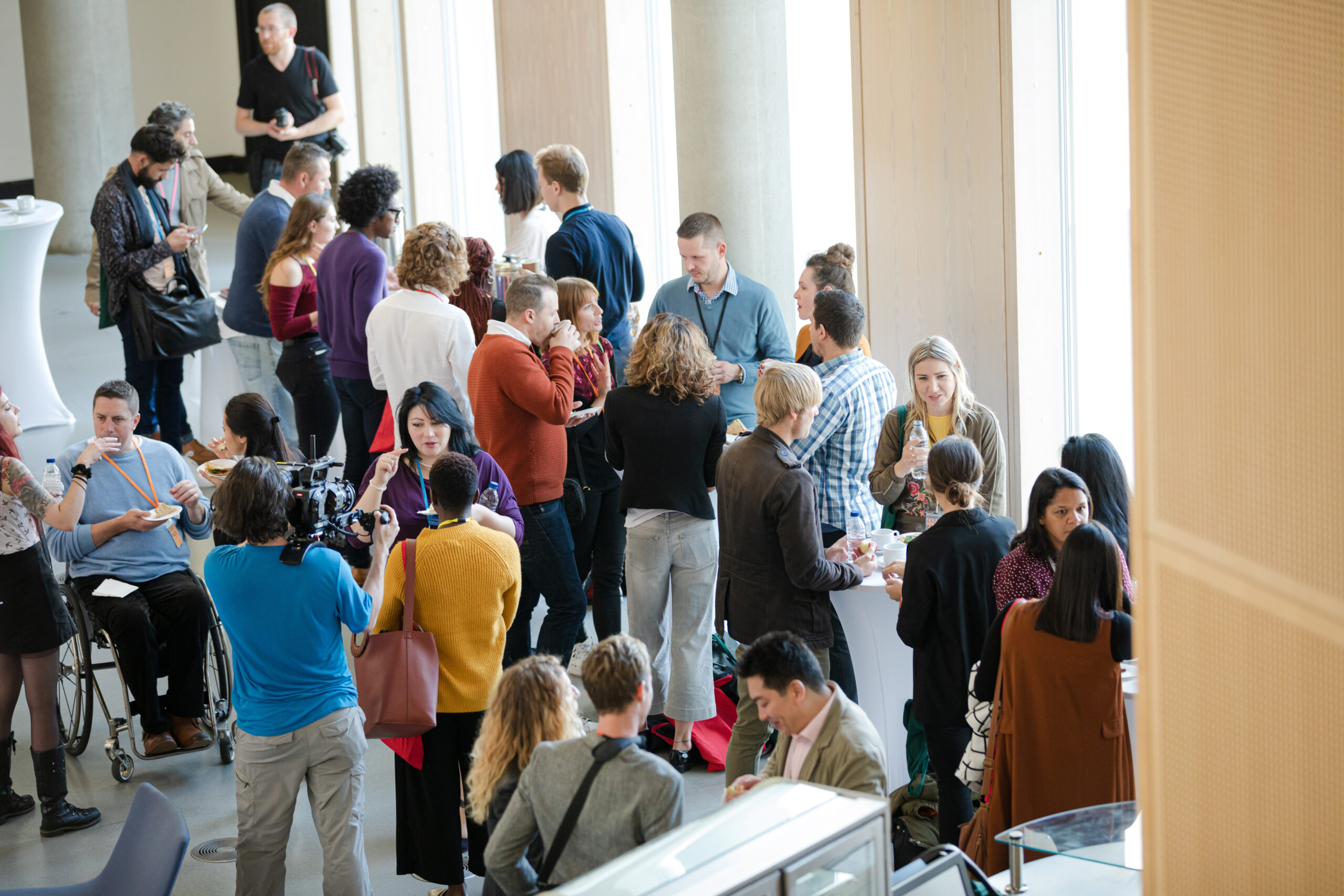From 2015 to 2023, SERN worked in partnership with over 500 actors across research, practice, policy, and philanthropy to cultivate and bring greater attention to research on how structures (i.e., practices, policies, and norms) shape students’ experience of respect as valued people and thinkers in school.
This work involved connecting people and ideas across long-standing silos, equipping individuals and organizations with resources that amplified their effectiveness, and addressing power dynamics and structures that stand in the way of building and mobilizing practically relevant research.
Because much of our work happened behind the scenes, a priority for SERN’s strategic sunset was to illuminate the approaches and processes we used that can support the continued progress of the student experience field—and inform the work of other fields with related needs and demands.
To this end, we documented SERN’s organizational knowledge and lessons learned – including specific strategies and examples – in key areas, which were selected based on our community’s interest in learning more about each topic.
Accelerating the Leadership and Growth of Early Career Scholars
This brief shares the principles that SERN used to support early career scholars through our fellowships, scholarly events, and funded research portfolios. We discuss trust- and relationship-building, responsiveness to early career scholars’ professional context and aspirations, and meaningful opportunities for learning and leadership. While designed primarily for research audiences, a number of lessons can inform early career staff development across contexts.
Designing Inclusive Scholarly Events that Foster Relationships and Engagement Across Silos
This brief outlines SERN’s relationship-centered approach to our annual scholarly convenings, which were attended by researchers from various disciplines and career stages, as well as leaders from practice and policy organizations. It can support individuals and organizations in creating spaces for deep engagement, learning and growth, and generative discussion.
Empowering Practitioners, Policymakers, and Funders to Apply Insights from Research
SERN’s meaning-making opportunities – including recurring and one-off events, and a six-month learning community called the Belonging Collective – exposed people to key takeaways from research on student experience and offered scaffolded opportunities to unpack the implications of that research for their work. This brief covers how we designed and implemented these opportunities, offering insight for anyone interested in bringing insights from research to bear within practice, policy, and funding organizations.
Sharing Power in Philanthropic Relationships to Enhance Impact
Collaborative, mutually supportive funder relationships played an important role in SERN’s growth and impact. This brief is targeted primarily to funders, but the strategies within it can also be used by individuals and organizations in their relationship-building with funders. It captures lessons about expanding funder networks, aligning funding structures with grantees’ needs, maintaining open communication and mutual learning, and working together to advance field-level priorities.
We also documented insights from the following projects:
The SERN Midcareer Fellows Program serves as a case study in building and measuring the impact of a co-constructed, catalytic program that is responsive to its participants, bridges across silos, and plants seeds for long-term structural change. The program also generated insights about how academic institutions and policy intermediary organizations can systematically support research-policy bridging by scholars from minoritized groups and how funders can support this type of work.
The forthcoming paper “Mobilizing scholarship by underrepresented scholars: Cultivating Spaces that promote bridging between scholarship and state and federal policy” contains recommendations for related efforts in academia, including those that are less resource intensive and can begin immediately. It is relevant to both academic audiences and entities that work with scholars and academic institutions, including funders. This slide deck complements the academic article, summarizes insights from the program, and includes reflection questions for policy audiences and funders.
The annual SERN funder briefing was attended by representatives from over 45 foundations and philanthropic intermediaries over the years, and both funders and speakers reported that the event was a unique and valuable learning experience. 90% of surveyed funders reported that their engagement with SERN led to increased application of insights from research on student experience in their work.
In order to extend the impact of the funder briefing, SERN developed a suite of resources that detail how we planned and executed the event. The SERN funder briefing resource suite outlines our processes for theme and agenda development, speaker selection and preparation, attendee communications, and more, and offers curated examples and templates that can build capacity for other events that enable dialogue and learning across research, practice, policy, and philanthropy.
The internal content directory shares other examples and templates from SERN’s work that may be useful to other people and organizations. The directory contains artifacts related to SERN’s fellowships, funded portfolios, communications, events, measurement, and staffing.



